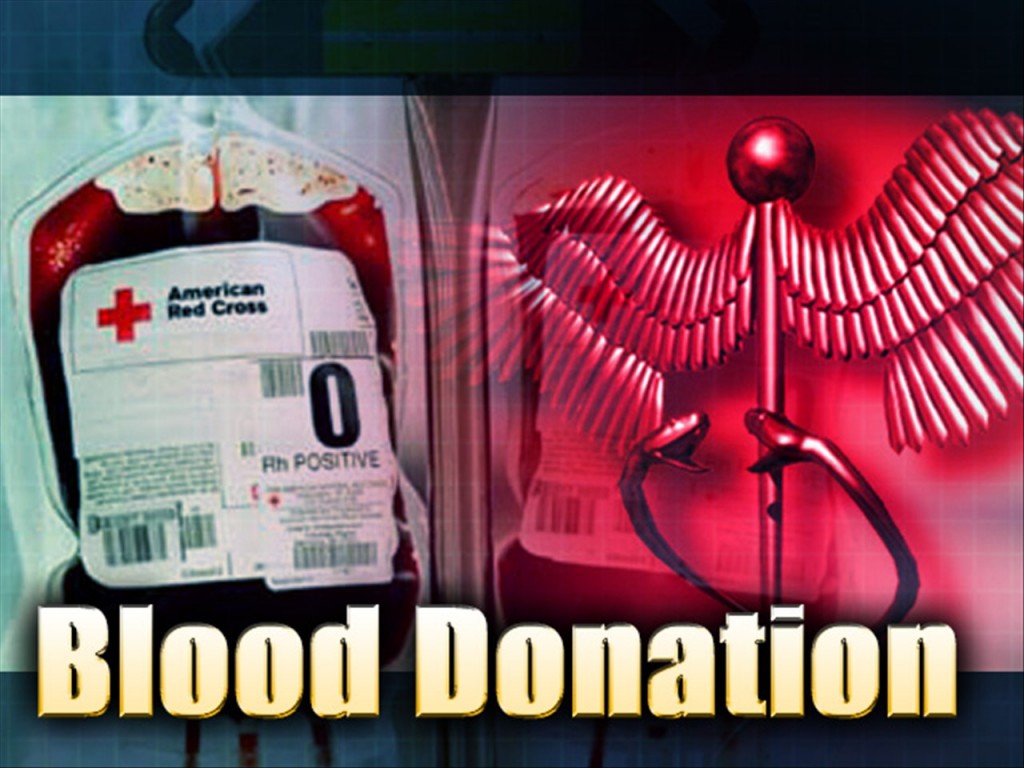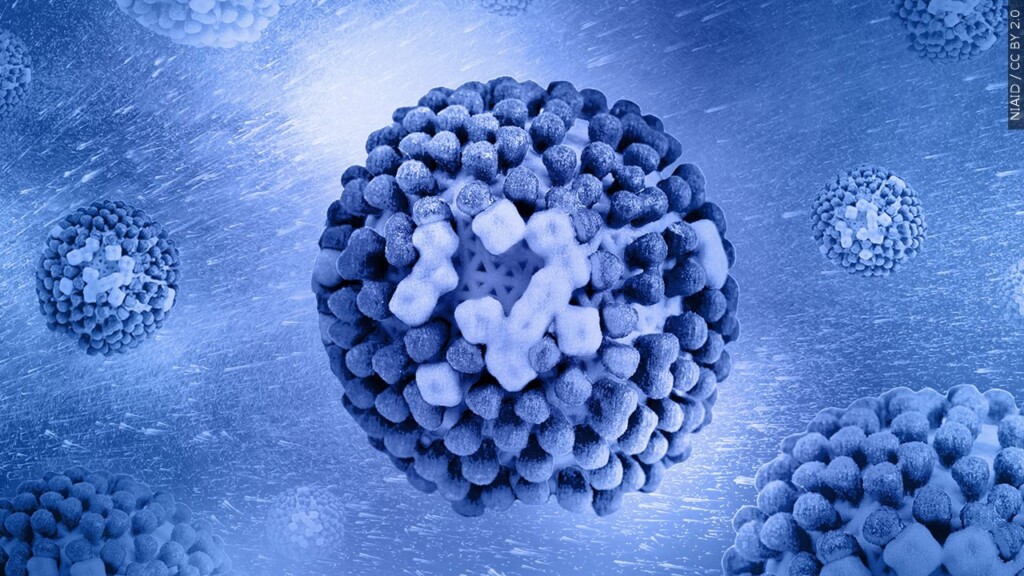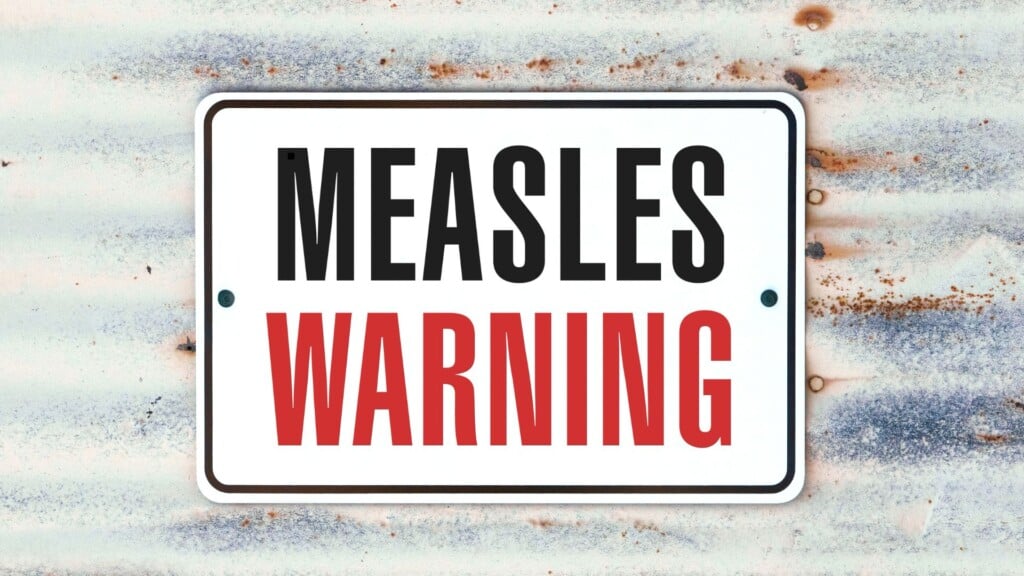New FDA study may allow gay and bisexual men to donate blood
Following the U.K.'s lead, the U.S. will be funding a new study to end sexual preference bias at the blood bank

LINCOLN, Neb. (KLKN)- The FDA is funding a study for the first time that could allow gay and bisexual men to donate blood where there were previously restrictions.
A change in this policy would mean that more gay and bisexual men would be able to give blood in the U.S.–ending what critics have called discriminatory federal guidelines.
On Monday the U.K. announced it would be lifting its blood-donation policy for all men who have had sex with men.
The mandate required all gay and bisexual men to not have sex with men for three months before being eligible to give blood. The new policy will focus on individually-based assessments to show that there is no impact on the safety of blood donated in the U.K.
“This is a positive step and recognizes individuals for the actions they take, rather than their sexual preference,” Health and Social Care Secretary Matt Hancock says.
Right now U.S. policy says that sexually active gay or bisexual men have to abstain from sex for at least three months before they can donate blood. This rule applies to men who are monogamous, HIV-negative and practicing safe sex, and to gay and bisexual COVID-19 survivors.
This policy was created during the HIV/AIDS crisis of the 1980s, a time when technology was limited when it came to screening blood for HIV. In 1983, the FDA enacted a lifetime ban on blood donations from any and all men who had sex with men after 1977.
That policy was in place until 2015 when the FDA removed the lifetime ban and instead implemented a 12-month deferral period. This meant that gay or bisexual men had to stop having sex with other men for at least 12 months before going to donate blood.
Then, in April, the surgeon general called for healthy Americans to give blood during the COVID-19 crisis and the FDA reduced the 12-month period to a 3-month period.
The FDA says there isn’t “a specific timeline for when these studies may be completed” but one of the researchers involved, Dr. Brian Custer, says their goal is to present evidence that leads to a decision by late 2021.
The study, titled, ADVANCE: Assessing Donor Variability And New Concepts in Eligibility, will be bringing together three of America’s largest blood centers, American Red Cross, Vitalant, and OneBlood to collaborate on it.
The ADVANCE study will be with approximately 2,000 men who have had sex with men and would like to donate blood. LGBTQ+ community health centers also participating in the study will be sharing data on men between the ages of 18-30 who have had sex with another man in the last three months.



